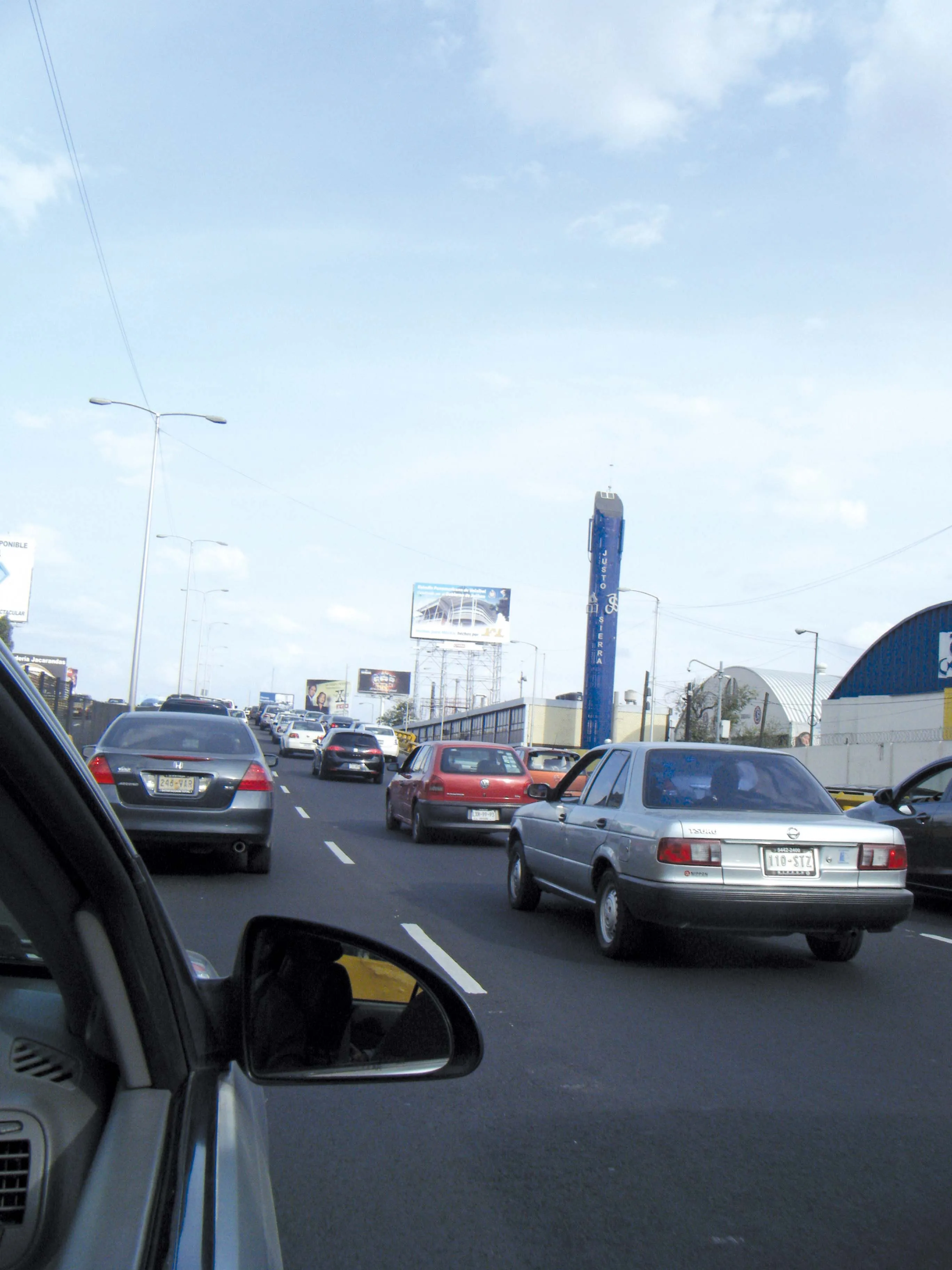New crash data from New Zealand points to a worrying trend for car occupants. In around 30% of fatal crashes, lack of seatbelt use is a primary factor in occupant deaths. An analysis of 200 fatal crashes in which occupants were not using seatbelts shows that 75% of those killed were male. Meanwhile 84% of the incidents occurred on rural roads. Many of those killed were young drivers while alcohol also played a role in many of the incidents. Research suggests that around 90% of vehicle occupants in New
April 27, 2018
Read time: 1 min
New crash data from New Zealand points to a worrying trend for car occupants. In around 30% of fatal crashes, lack of seatbelt use is a primary factor in occupant deaths. An analysis of 200 fatal crashes in which occupants were not using seatbelts shows that 75% of those killed were male. Meanwhile 84% of the incidents occurred on rural roads. Many of those killed were young drivers while alcohol also played a role in many of the incidents. Research suggests that around 90% of vehicle occupants in New Zealand use seatbelts.







